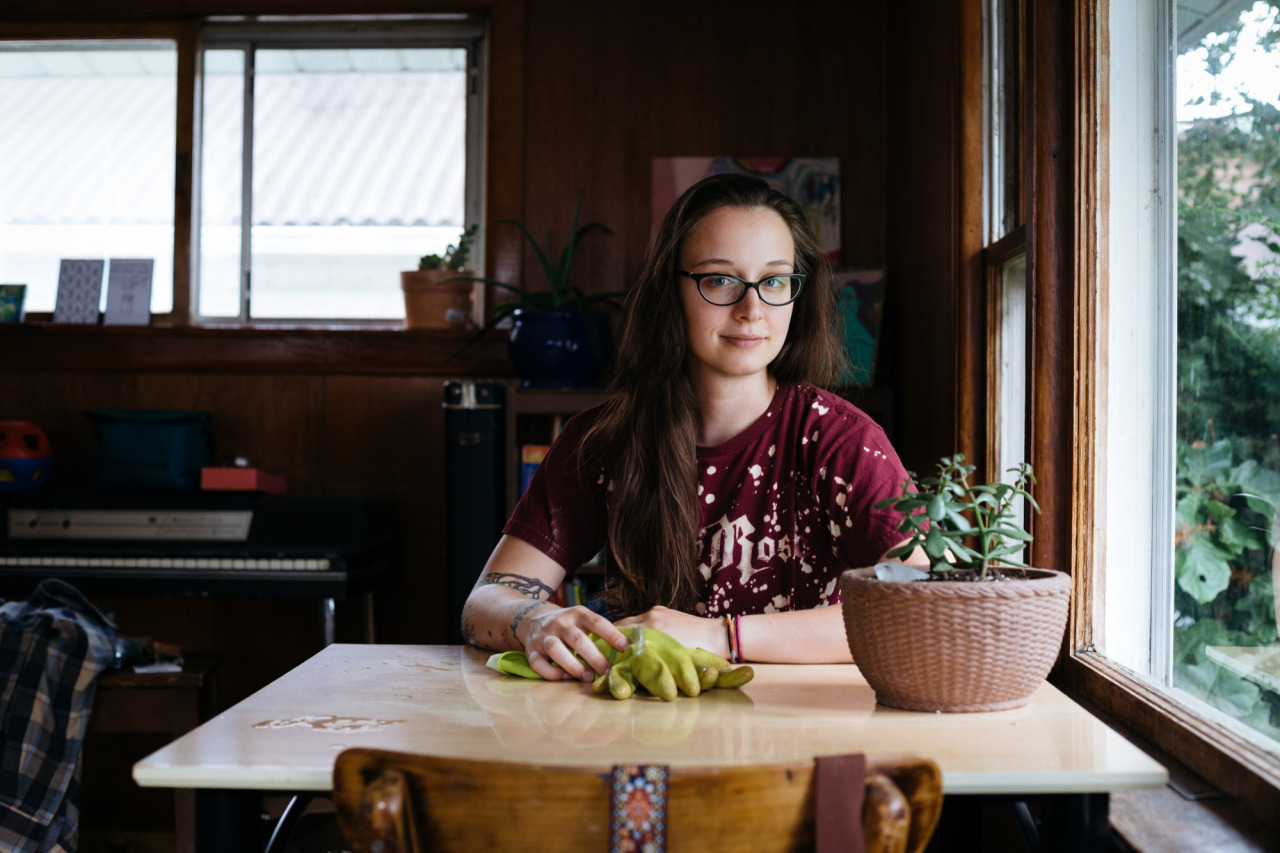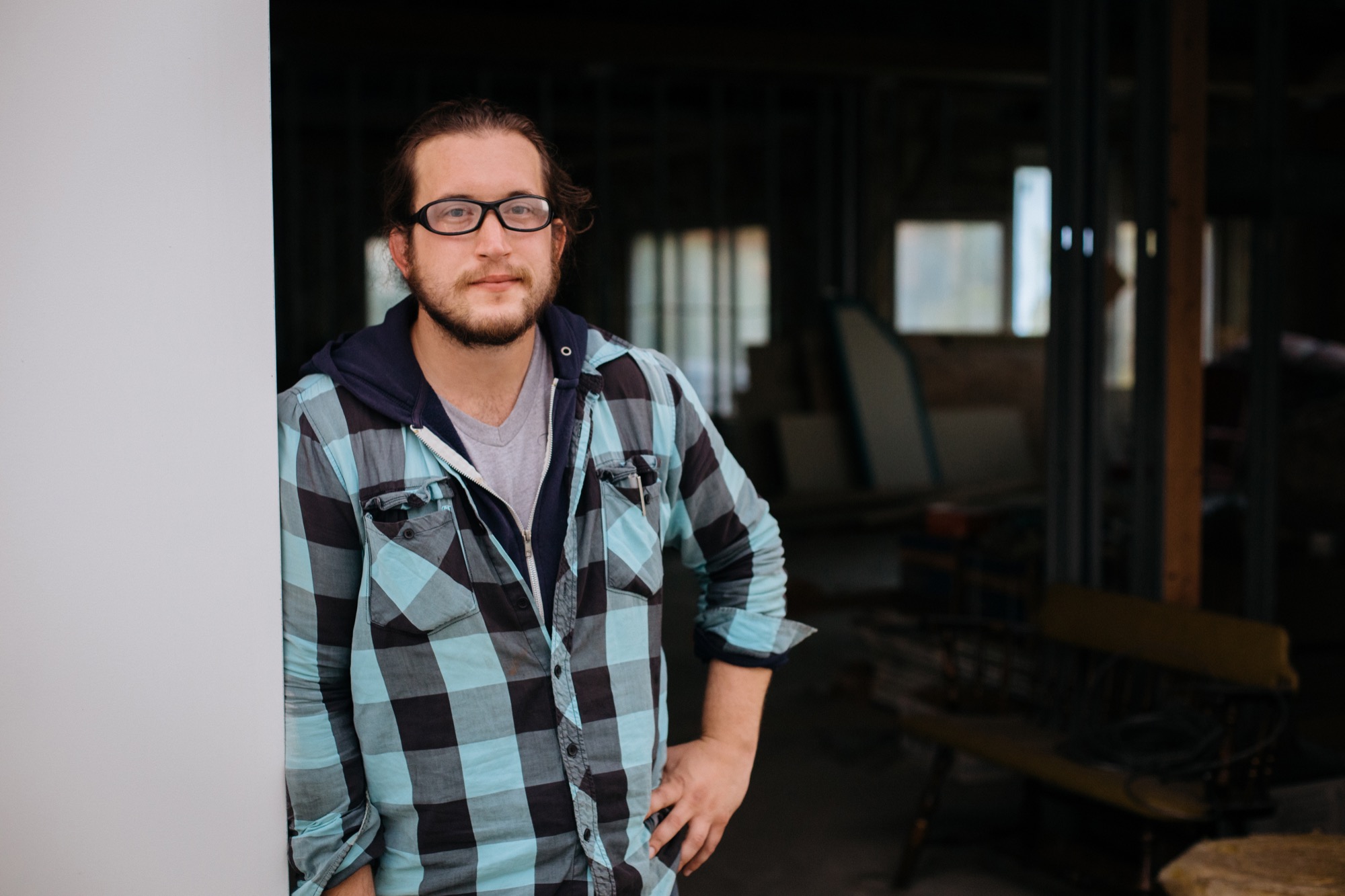Artists In Jackson: Justine Melville
“Any way I can express myself, I’ll do that.”
Justine Melville enjoys the process of making: the experimentation, the trying out new ideas, the techniques. Learning something new.
And having something to show for it is a great side benefit.
“Putting the energy into my work – dying fabric, taking the color out, ice dying – there’s a lot to it,” she says. “The process is a good focus for me. It helps calm me. And I really enjoy the product I get.”
It’s easy to get lost in the work. That’s the fun part.
“We’re so busy these days and expected to pay attention to so much that it doesn’t matter. It’s nice to zone out,” Justine says.
As a fabric artist, Justine has found a new way to express herself creatively. She discovered dying fabric after a boyfriend taught her how to screen print.
All it took was trying to tie dye with a mixed berry print.
“Ever since, I’ve been kind of addicted.”
Justine has always been creative, using many media to express herself. She’s tried printmaking and dabbles in photography.
“Any way I can express myself, I’ll do that,” she says. “I felt like, for the longest time, I was a little lost with my creativity. I’ve always bounced around.”
Now that she’s settled on fabric, Justine has found success participating in exhibits, from booth shows to warehouse shows to gallery shows. She has an Etsy store and promotes her work on social media.
The creative community in Jackson has also helped, and Justine has become increasingly involved with other artists in town. She traces much of that collaboration to The Singularity, which introduced her to other open-minded creative types.
“It showed me what can really happen in this town,” Justine says. “We’re very supportive of each other, which is the biggest thing in my eyes.”
She thinks Jackson could better support artistic pursuits and be more open-minded about the kinds of art that are possible in town. She also thinks Jackson could use more community-oriented spaces for artists to work on projects and collaborate.
As someone who has lived in Chicago and returned, Justine doesn’t understand pessimism about her hometown.
“Some people think this town is a black hole. I don’t see that. I think they’re the black hole,” she says. “There’s a lot of people who get out and come back and still enjoy it. This is a nice place to call home.”
Buy the Artists In Jackson book | Mercurial Threads



















